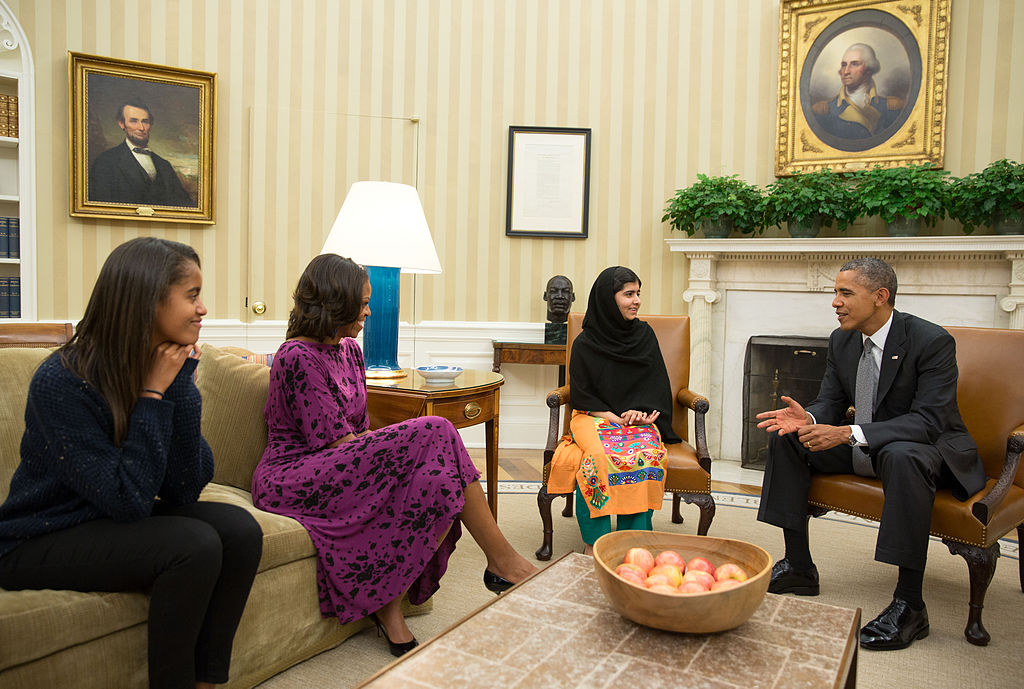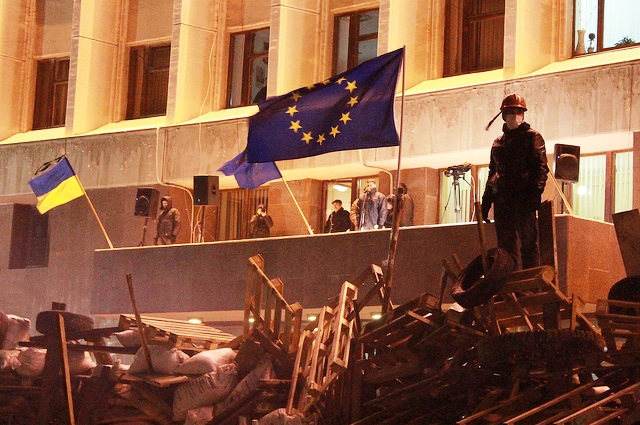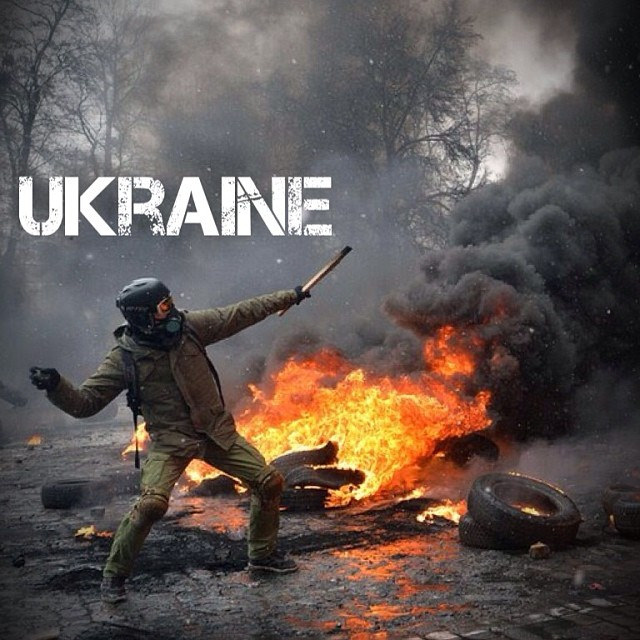KKK Targets Jewish Community Center Killing Three Christians
/OVERLAND PARK, Kansas -- So often, hatred is crippling. On Sunday, hatred was blinding in Kansas City. On a mission to incite terror and assail Jewish community buildings, Frazier Glenn Cross killed anyone and everyone in his reach.
Cross, who also went by Frazier Glenn Miller, is a 73-year-old Missouri resident. This weekend, his well-documented history of ignorant rhetoric turned deadly.
The elderly man targeted the Jewish Community Campus of Greater Kansas City and Village Shalom senior center, before being captured by police outside a local elementary school.
During the shooting spree, Cross killed three Christians while spouting "Heil Hitler" and other bigoted slogans. According to authorities, he had a shotgun, pistol and assault rifle at his disposal. An eyewitness remembers the perpetrator smiling as he was taken into custody.
Among the victims were two Methodists, Dr. William Lewis Corporon, age 69, and his 14-year-old grandson, Reat Griffin Underwood. Corporon passed away outside of the community center.
Underwood was transported to a hospital where he would later die from his wounds. The high school freshman was auditioning for a vocal competition at the Jewish Community Campus. He and his escort were bombarded outside the event.
The third victim was 53-year-old Terri LaManno, who was visiting her mother at Village Shalom when she was attacked. LaManno was also a Christian. Cross allegedly attempted to kill two others, who escaped to safety. Certainly, the foundation of the community has been shook.
The defendant is a veteran of hate-mongering. Cross rose to power as the "grand dragon" leader of the Carolina Knights of the Ku Klux Klan, known more commonly as the KKK. Realizing he had not reached his potential to perpetuate ignorance, Cross would later create the White Patriot Party in 1985, a group founded on anti-Semitic and white power platforms. His other lowlights include the intimidation of Morris Dees, a Civil Rights activist and lawyer who used civil lawsuits against groups like the Ku Klux Klan in a successful career that lasted decades.
Often in the spotlight, Cross was a proud white-supremacist who shared his divisive message in television interviews and publicized Klan meetings. In 2006, he ran for the House of Representatives but gained little support. Cross tried again to gain political office in his failed 2010 Senate campaign. During both attempts, he sponsored radio advertisements lobbying his hate-filled agenda. In 1999, he authored "A White Man Speaks Out." By all accounts, the memoir is steeped in equal parts paranoia and hostility.
According to police, Cross will appear in court on Tuesday, 15 April 2014. However, this will not be his first stint in prison. In 1987, Cross served three years after failing to comply with his bond agreement. A national search for the runaway ended in a Missouri trailer, where Cross and several others had retreated with a massive weapons stockpile. The one-time fugitive will likely spend the rest of his life in detainment.
The Overland Park community and the nation are grieving the loss of three wonderful citizens. But the incidence has also raised serious questions about possible preventative measures. Given his well-documented history of militant behavior and criminal history, many question how Cross was able to obtain the arsenal used in this weekend's attack. As with any act of terrorism, Cross sought to alter the world outside of the small Kansas City district. Sadly, he has gained the attention of the American people. Hopefully, the collective reply will be a positive one.
Follow Michael on Twitter Twitter: @nahmias_report Senior Correspondent: @MAndrewRansom
Related articles
- Terri LaManno ID'd as 3rd Victim in Overland Park Shootings by Frazier Glenn Cross (hinterlandgazette.com)
- Hate-crime charges to be filed in Kansas shootings (sfgate.com)
- Victim in supremacist shooting was Eagle Scout, white, Christian (kgw.com)
- Former Ku Klux Klan Leader Arrested For Kansas Jewish Center Murders (hiphopwired.com)
- Feds to seek hate-crimes prosecution in Kansas City-area shootings (cbsnews.com)












































